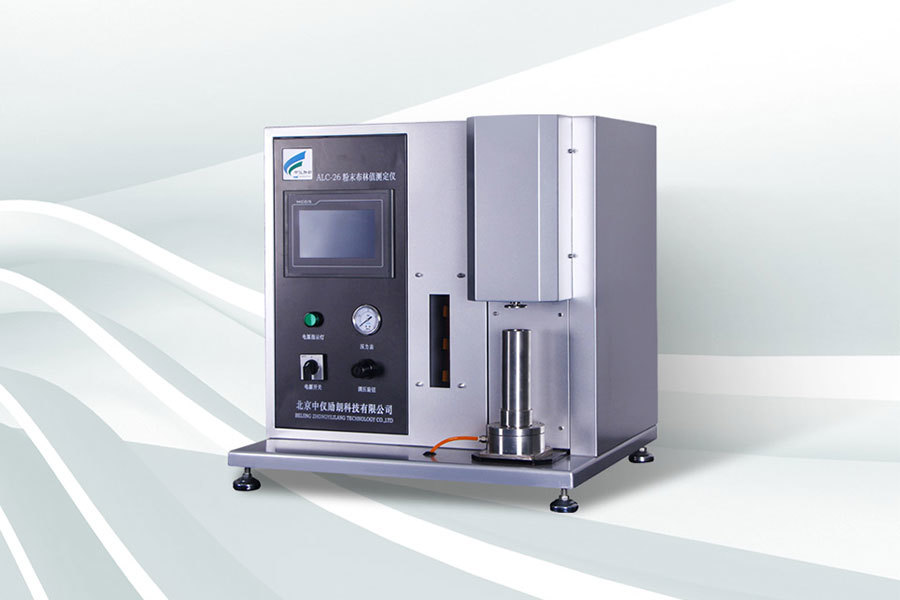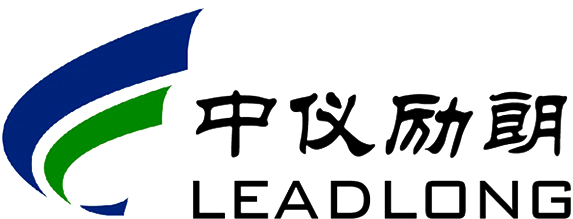Revolutionizing Prototype Development with Advanced Automatic Carbon Block Prototyping Machines
Jul 07,2025

The realm of electrical engineering and specialized instruments is witnessing a remarkable evolution, especially with the advent of advanced automatic carbon block prototyping machines. These innovative devices are pivotal in the development and production of carbon block components, which are essential in various electrical applications. By automating the prototyping process, manufacturers can achieve unprecedented efficiency and precision, thus catering to the increasing demands of the industry.
One of the primary benefits of utilizing advanced automatic carbon block prototyping machines is the significant reduction in production time. Traditional prototyping methods can be labor-intensive and time-consuming, often leading to delays and increased labor costs. In contrast, these machines streamline the process by automating tasks such as material handling, shaping, and finishing. This allows engineers and designers to focus on refining product designs rather than getting bogged down in manual processes, ultimately speeding up time-to-market for new products.
Moreover, the precision offered by these advanced machines is unparalleled. With cutting-edge technology, they can produce carbon blocks with exact specifications and tolerances, ensuring that each component meets the required standards. This level of accuracy not only enhances the performance of the final products but also minimizes waste, as fewer defective units are produced. Consequently, companies can improve overall sustainability and reduce their environmental footprint, aligning with the growing emphasis on eco-friendly practices in manufacturing.
In addition to efficiency and precision, advanced automatic carbon block prototyping machines also provide flexibility in design. Engineers can easily modify prototypes to test different configurations and materials within a short timeframe. This adaptability allows for rapid iterations and experimentation, essential for innovation in product development. Companies can explore new concepts and refine existing designs without the extensive lead times that traditional methods would require.
Furthermore, integrating these advanced machines into production lines also results in better data collection and analysis. Many modern prototyping machines come equipped with smart technology, enabling real-time monitoring of production processes. This data can provide insights into performance metrics, helping manufacturers identify areas for improvement and optimize their operations.
In summary, advanced automatic carbon block prototyping machines are significantly impacting the electrical engineering and specialized instrumentation sectors. By enhancing efficiency, precision, flexibility, and data collection, these machines are not just tools but transformative assets that drive innovation and future progress in manufacturing. As industries continue to evolve, investing in such advanced technologies may well be the key to staying competitive in a fast-paced market.
One of the primary benefits of utilizing advanced automatic carbon block prototyping machines is the significant reduction in production time. Traditional prototyping methods can be labor-intensive and time-consuming, often leading to delays and increased labor costs. In contrast, these machines streamline the process by automating tasks such as material handling, shaping, and finishing. This allows engineers and designers to focus on refining product designs rather than getting bogged down in manual processes, ultimately speeding up time-to-market for new products.
Moreover, the precision offered by these advanced machines is unparalleled. With cutting-edge technology, they can produce carbon blocks with exact specifications and tolerances, ensuring that each component meets the required standards. This level of accuracy not only enhances the performance of the final products but also minimizes waste, as fewer defective units are produced. Consequently, companies can improve overall sustainability and reduce their environmental footprint, aligning with the growing emphasis on eco-friendly practices in manufacturing.
In addition to efficiency and precision, advanced automatic carbon block prototyping machines also provide flexibility in design. Engineers can easily modify prototypes to test different configurations and materials within a short timeframe. This adaptability allows for rapid iterations and experimentation, essential for innovation in product development. Companies can explore new concepts and refine existing designs without the extensive lead times that traditional methods would require.
Furthermore, integrating these advanced machines into production lines also results in better data collection and analysis. Many modern prototyping machines come equipped with smart technology, enabling real-time monitoring of production processes. This data can provide insights into performance metrics, helping manufacturers identify areas for improvement and optimize their operations.
In summary, advanced automatic carbon block prototyping machines are significantly impacting the electrical engineering and specialized instrumentation sectors. By enhancing efficiency, precision, flexibility, and data collection, these machines are not just tools but transformative assets that drive innovation and future progress in manufacturing. As industries continue to evolve, investing in such advanced technologies may well be the key to staying competitive in a fast-paced market.
PREVIOUS:
Contact Us








